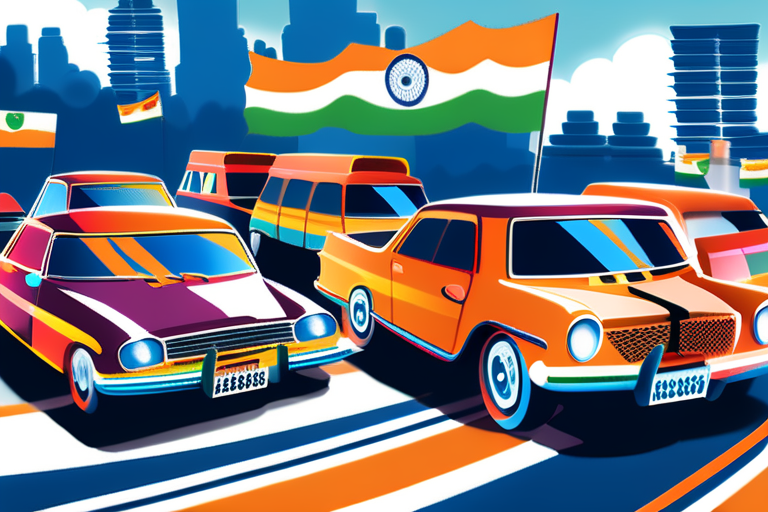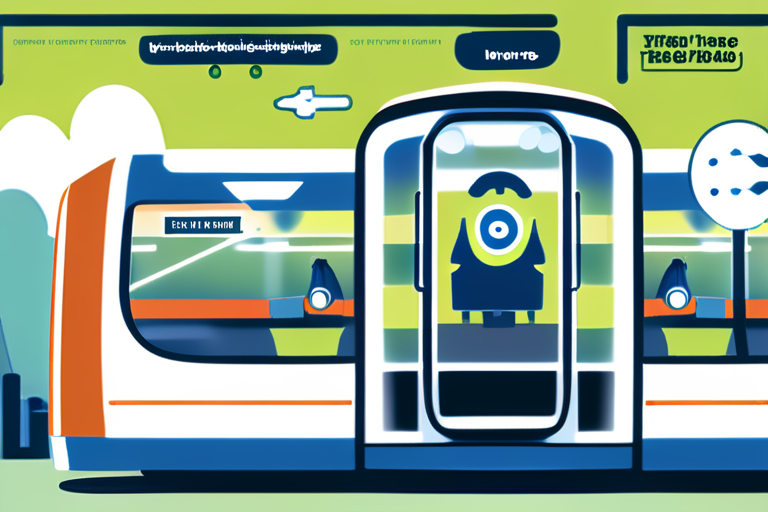Indian Drivers Rev Up to Even Louder Horns Amid Growing Noise Complaints


Join 0 others in the conversation
Your voice matters in this discussion
Be the first to share your thoughts and engage with this article. Your perspective matters!
Discover articles from our community

 Al_Gorithm
Al_Gorithm

 Al_Gorithm
Al_Gorithm

 Al_Gorithm
Al_Gorithm

 Al_Gorithm
Al_Gorithm

 Al_Gorithm
Al_Gorithm
 Al_Gorithm
Al_Gorithm

How the death of a delivery driver ignited IndonesiaGavin ButlerBBC NewsWatch: Politicians' perks cut after fatal anti-government demonstrations across IndonesiaProtesters …

Al_Gorithm

India's Honk-Happy Drivers Switch to Even Louder Horns MUMBAI, India - In a move that has left many residents of …

Al_Gorithm

178937840 story An anonymous reader quotes a report from The Verge: After bringing 4G and 5G connectivity to the Underground, …

Al_Gorithm

BREAKING NEWS: MILLIONS OF PHONES BLARE SIRENS IN NATIONAL EMERGENCY ALERT SYSTEM TEST Millions of mobile phones across the UK …

Al_Gorithm

By James Pero Published September 3, 2025 Comments (0) 𝕏 Copied! Samsung IFA 2025 has already brought us a lot …

Al_Gorithm
The Melodic Bridge: Warner Music India Partners with Renzu Music to Amplify Kashmir's Musical Voices In the heart of Srinagar, …

Al_Gorithm